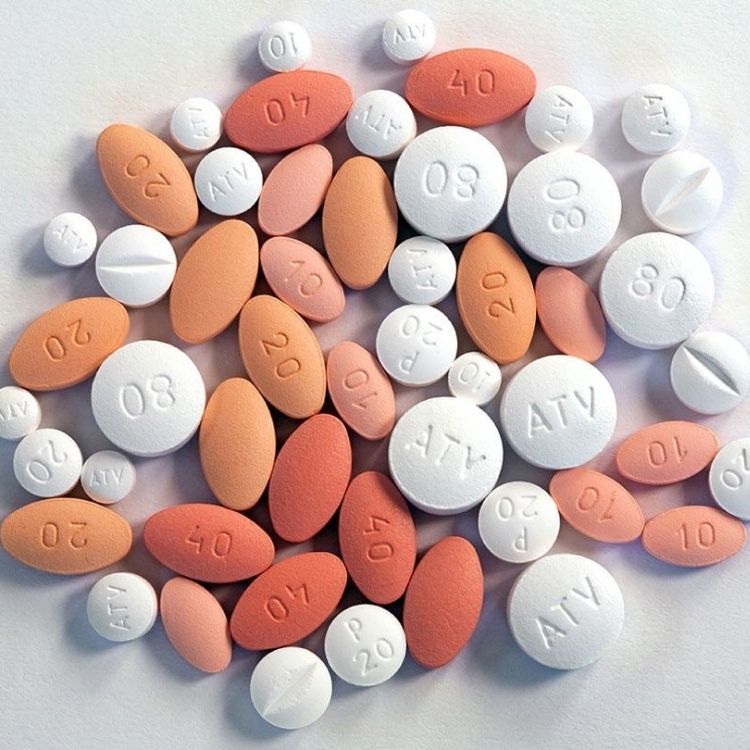Panel Nixes OTC Cholesterol Drug

The Cholesterol-lowering drug Mevacor, (lovastatin) like other statin drugs, will remain available only with aa doctor's prescription-at least for now.
A US Food and Drug Administration (FDA) advisory committee voted against recommending its over-the-counter (OTC) availability, saying the drug's manufacturer has not proven that consumers could safely use it on their own.
Not Able to Dumb Down
Manufacturer Merck & Co. wanted to make Mevacor available without a prescription. But a study involving 3,000 people showed that without a doctor's supervision, many people who did not need the drug took it anyway, and those who did need it, often took it improperly, says panel member DR. Paul Woolf chairman of the department of medicine at Crozer-Chester Medical Center located in Upland Pennyslvania.
"The information is too complex to dumb down," says Ruth Parker, an Emory University School of Medicine professor who serves on the 25-member committee. It is difficult "to take something as complex as this and make it something that the ordinary citizen can understand," she adds.
Third Time, A Charm?
This is the second time the panel has recommended against allowing a low-dose (20 milligram) version of Mevacor to be marketed over-the-counter in a joint venture by Merck and Johnson & Johnson. The other rejection came in 2000.
Many members of the committee say they would have voted for nonprescription status had there been a behind-the-counter option, as is done with Zocor in England. That designation means the drug is placed behind the pharmacy counter, and a patient must speak to a pharmacist before buying it.
The Reaction
The vote was good news for a number of groups that testified against allowing Mevacor to be dispensed without a prescription.
Most of the people who would choose to take this drug "cannot possibly benefit because they are not in an adequate risk category, which means that they are getting a drug that has some risk, and they are getting zero benefit says Dr. Sidney M. Wolfe, director of public Citizen's Health Research Group. Even for people who are at risk for a heart attack, there is no evidence the drug has a clinical benefit, Wolfe says.
We do not want to imply that "doing things to improve your health, like dieting and exercise can be substituted for by an over-the-counter pill," Wolfe says.
The people who would self-select this drug could benefit from diet and exercise. If, instead, they choose to use a pill that cannot benefit them, that's a huge public health tradeoff in the wrong direction," he adds.
However, not everyone was pleased with the decision. "Johnson & Johnson Merck is disappointed with the outcome of the deliberations," says spokesman Tony Plohoros. "We are encouraged by the discussion and recognized the vote of the committees reflected a wide range of opinions."